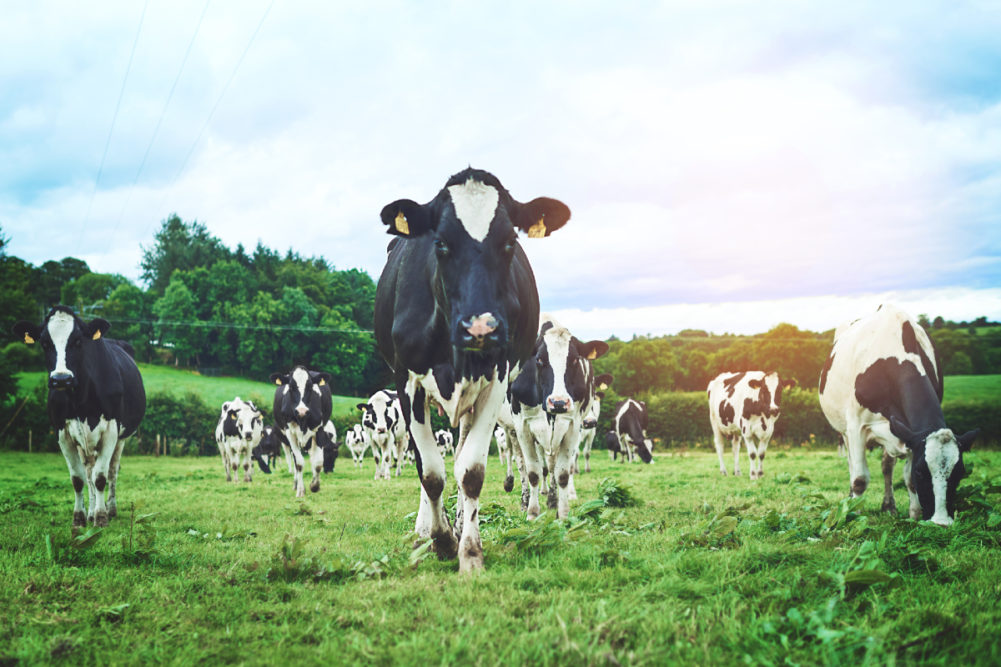CHICAGO – Manufacturing giant Mars, Inc., revealed it is investing $47 million in a sustainable dairy plan as part of its broader climate strategy, which totals $1 billion over a span of three years.
Mars shared it is working to reduce the carbon footprint of its dairy line with its climate-first approach to dairy sourcing, which it is calling “Moo’ving Dairy Forward.” The commitment, highlighted by partnerships with FrieslandCampina and other companies, aligns with the corporation’s goal to cut emissions by 50% by 2030, as measured against a 2015 baseline.
The company said it will work with industry leaders “to implement a host of meaningful on-farm interventions focused on critical areas such as enteric methane reduction, efficient manure management and sustainable feed production.”
Per Mars, more than 200,000 dairy cows and 1,000 farms supply the manufacturer’s billion-dollar confectionery business, which includes M&M's and Snickers. The company identified dairy as the second largest contributor to the carbon footprint of its snacking business and said raw ingredients account for more than 70% of its total GHG emissions.
The dairy sustainability plan involves Mars collaborating with dairy cooperative FrieslandCampina. Mars said through the partnership a group of farms will be dedicated to Mars’ dairy supply. With an emphasis on more sustainable dairy, Mars said the program will involve innovative practices and technologies that can be refined and scaled up “in a focused and accelerated environment.” The goal is to identify practices that can be adopted throughout the cooperative.
Amanda Davies, chief R&D, procurement and sustainability officer for Mars Snacking, said the company views doing its part to keep the planet healthy as an “absolute non-negotiable.” Davies added that Mars’ vision for sustainable dairy will only become a reality with the support of farmers and suppliers.
“Which is why, as part of our Moo'ving Dairy Forward sustainable dairy plan, we're putting millions of dollars directly back into the pockets of farmers through our contracts to help them make climate smart changes to the way they farm,” Davies said. “Together, I know that we can forge a path that helps address climate change head on and contributes to reshaping our wider industry for a more sustainable future."
Mars shared that its investment also includes launching three pilot “net zero” dairy farms with the DMK Group in Germany. The company said those pilots, which are part of a five-year project, will key in on implementing new science and technology, and the goal is to achieve “scalable and economically viable” practices that lead to net zero dairy.
In another partnership, Mars is teaming up with Fonterra and Sea Forest on a seaweed food supplement trial that aims to show how their Seafeed supplement helps reduce how much methane dairy cows generate while digesting their food.
Earlier in 2024, in a separate arm of its net zero approach, Mars began a three-year collaboration with Unreasonable Group that will focus on supporting rapid growth companies that are redefining food systems.

